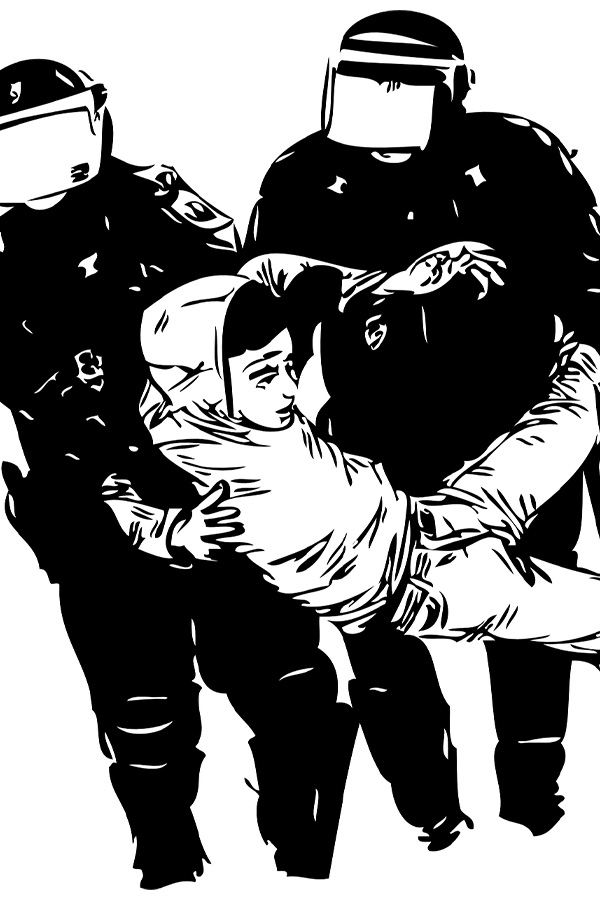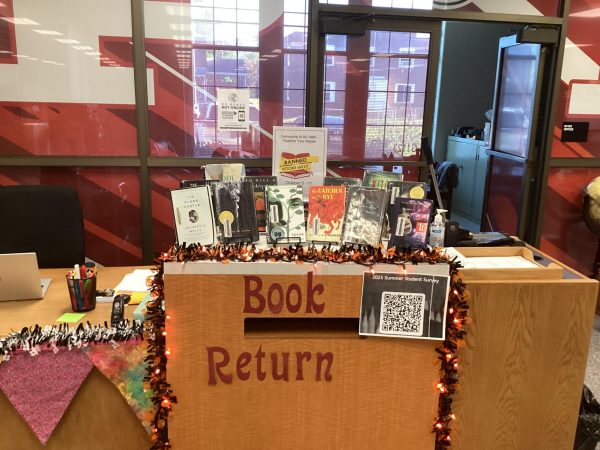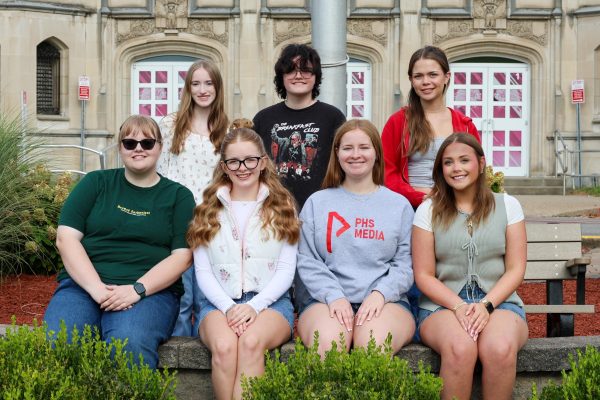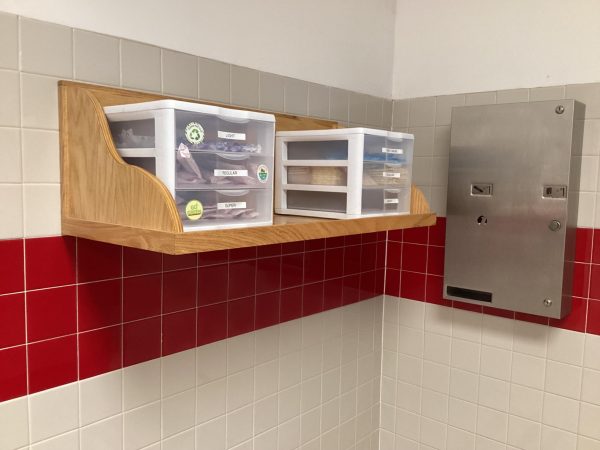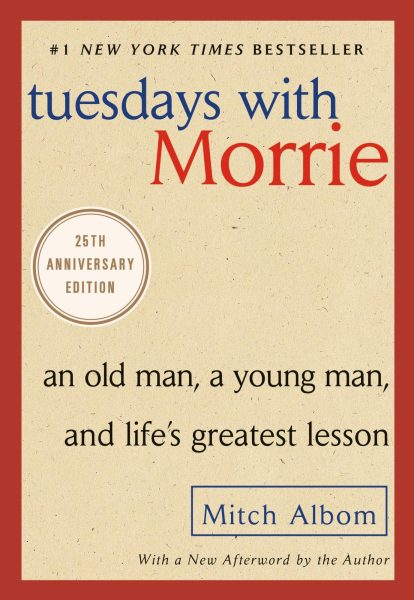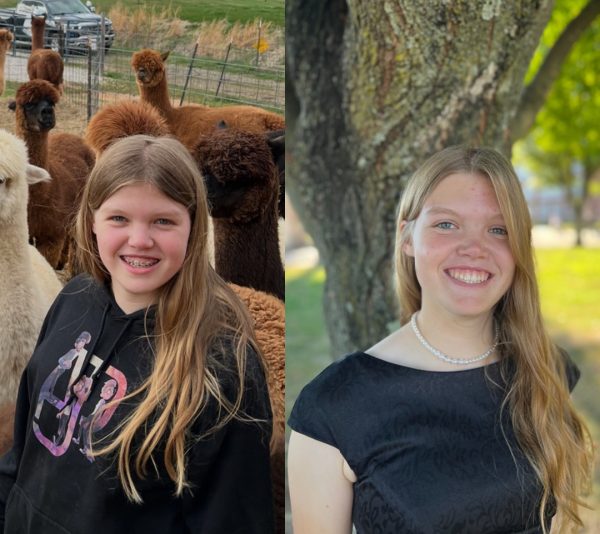Defund the Police?
This article originally ran in the October 2020 issue of The Journal.
Police brutality has been a hot topic in the U.S. since the founding of police. The definition of police brutality is an excessive use of force by law, or abuse of power. ‘Defund the Police’ is a movement to combat the overuse of police force either by eliminating it in some areas and to help reform the system as a whole in others.
Some communities want to eliminate a police presence as a whole, while others would like more taxpayer money to go toward other needs of communities that they believe would eliminate the need for police brutality. Some of these areas include rehab facilities, mental health facilities, poorer schools and neighborhoods. Others have mentioned providing psychologists and social workers to work alongside police, lowering the stress of police and the risk of a deadly altercation.
Another aspect of reforming police is requiring more education on racism and mental illness. Psychology and sociology are just two suggested courses for future and even current police. Police go through 22-27 weeks of training, none of which teaches them how to recognize these social problems.
The following cases are just a few that have led individuals and communities to believe that defunding the police is the right path to take to end police brutality:
The first case is the killing of a black man named Malice Wayne Green. In 1992, Green was dropping his friend in front of a suspected drug house in Detroit. When asked for his ID, he reached toward his glove compartment, but reportedly grabbed something off the ground. When asked to drop it, he refused, causing the officers to repeatedly hit him in the head with their flashlights, leading to his death. Officers Larry Nevers and Walter Budzyn claimed they thought he was reaching for a gun. The officers were each fired; Nevers faced 12-25 years, but was released in 2001, and Budzyn was sentenced 18 years, but only served until 1998 after a retrial.
A similar case is Kelly Thomas, who was a mentally ill man living in Fullerton, California in 2011. Thomas was homeless and police were called because Thomas was supposedly trying to open car doors. Manuel Ramoss was the first officer to arrive to the case. Ramoss told Thomas to sit in a way that confused him. When Thomas voiced his confusion, he was met with threats from Ramoss. When Thomas moved his hand off of his knees, Ramoss aggressively shoved him, causing a confused Thomas to stand up with his hand in front of him and, with open palms, he began to walk away. Joseph Wolfe, Ramoss’ partner, struck Thomas on the thigh with a baton. Ramoss joined in while Thomas’ back was turned. Ramoss then took him to the ground using all of his body weight, demanding Thomas put his hands behind his back, though Thomas’ arms were being crushed under his body. He exclaimed he couldn’t breathe and was sorry as Ramoss and Wolfe continued to beat him. Jay Cicinelli was the last to arrive. When he did, he immediately struck Thomas in the head with his knees and used the butt of his taser to repeatedly strike his face. Thomas died because of the traumatic force by the police. All lost their jobs, but were never arrested for the murder of Kelly Thomas.
Breonna Taylor and her boyfriend, Kenneth Walker, were sleeping in their apartment in March 2020. Three officers showed up pounding on their door. The officers broke down the door, causing Walker to shoot Sergeant Jonathan Mattingly in the thigh. The three officers, Mattingly, Brett Hankinson and Myles Cosgrove, responded by blindly shooting, hitting Taylor over five times. Police claimed that they announced themselves multiple times, though Walker claims he never heard them. Much is unknown about the details of the event, since this was a federal case. The police were there for a drug bust, though no drugs were found. Herman Hall, an investigator with the state, reported that there was no official plan for the drug raid. Hankinson volunteered for the case because he handles a narcotics dog; the rest of the officers assigned to the job only knew of the case two hours prior to the raid. As of now, there have been no arrests and only Hankison has lost his job.
Black people make up approximately 32 percent of the 4,927 people killed by police since 2015. With those numbers, it’s hard to deny the fact that systematic racism is still a huge problem in our country.
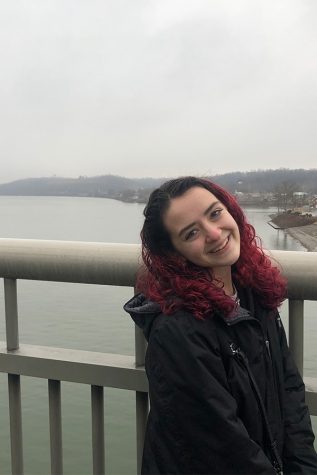
Juliette Keefer is a junior, graduating with the class of 2022. This is her first year as the editor of The Journal, a role she takes great pride in. She...

